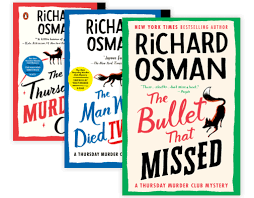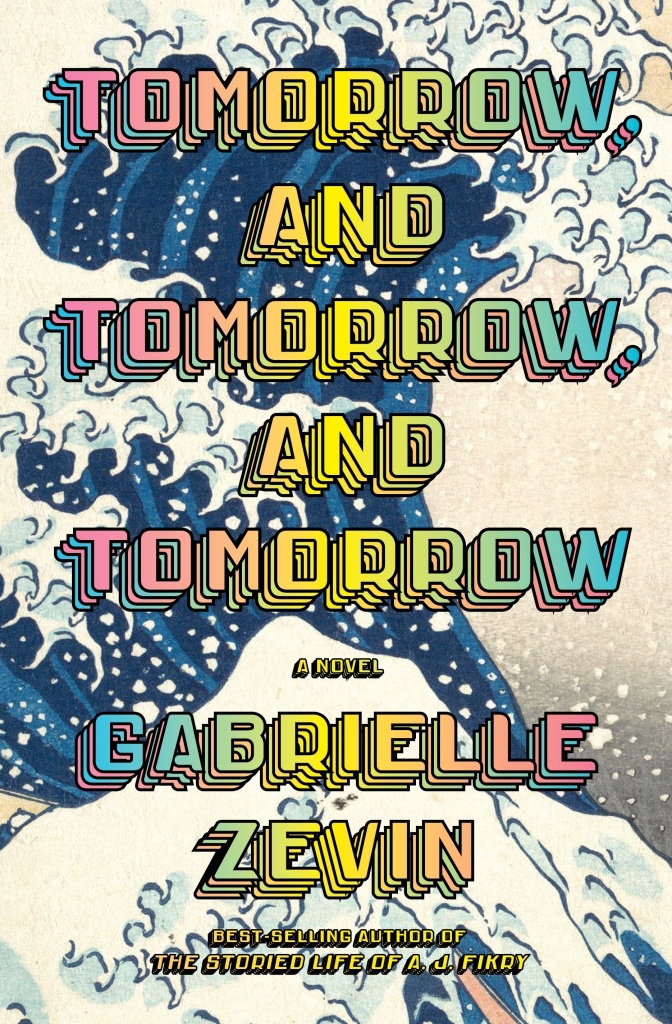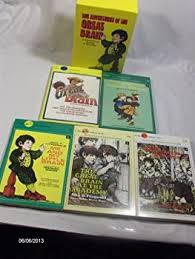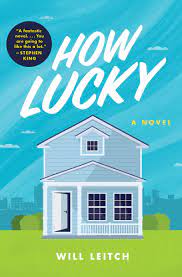What better way to wrap up my little review party than with Mr Bob Odenkirk? We said goodbye to Saul Goodman this year, and Jesus, we almost said goodbye to Bob himself. Which would have been too much for me to take. So in between the final mini-seasons of Better Call Saul, I went on an Odenkirk binge. And I loved it.
First up, I listened to Bob’s memoir, Comedy Comedy Drama Drama, read by the author himself.
Spanning Bob’s life from his teens, and his obsession with off-beat comedy and his successful stalking of Del Close, to Better Call Saul and becoming an unexpected action star in Nobody (no mention of the heart attack here), CCDD provides and in-depth look at Bob’s successes and failures, his loyal friendships, and those he does not care for.
Bob seems to be aware that at times, he is not the easiest person to deal with. He admits when he has made mistakes, most notably in a chapter about Jack Black and Tenacious D, He knows he was difficult at Saturday Night Live, admits he burned pretty much every bridge possible (see more below in the SNL section of this missive), but made great contacts and met like-minded people.
I loved the stories about making The Ben Stiller Show and Mr Show, and the stories about comedy in the 90s. Of course he dated Janine Garafolo. Nothing could be more 90s than that.
It was really fascinating to learn about all of the projects that never saw the light of day, even after Mr Show, and how hard it was for him to give up control in order to achieve commercial success. He told a great story about how he basically single-handedly ruined the Tenacious D show on HBO, but Jack Black is a better man than he is and forgave him (he also tells an amazing story about Jack Black getting into show business because of Anne Bancroft, wow).
He also talks about how humbling it has been for him to work with amazing actors like Michael McKean (one of his earliest heroes from his time in The Credibility Gap), Rhea Seehorn, Michael Mando, etc.
I hope someday Bob writes a sequel telling us all about his lengthy second act in Hollywood, post heart attack and Albuquerque.
Once I finished CCDD, I picked up the most absurd audio book I could find: Hollywood Said No! This is simply Bob, David Cross, and their Mr Show friends reading scripts that they pitched and were rejected.
When I tell you that this was absurd, please know, I am not kidding.
The bulk of this audiobook was a reading of “Hooray for America!”, which I saw as a touring stage production in the early 2000s. It’s crazy. What if Mr Show’s GLOBO CHEM corporation sponsored and financed an idiot of their choosing to run for president? A generic American idiot, played by David, suddenly finds himself in the national political spotlight, while simultaneous crazy plots about living on the moon and a town filled with holes play out with the regular Mr Show cast of comedians. Everyone plays multiple, ridiculous roles, and the cast is clearly having an amazing time.
This is not literature. But if you like Mr Show, you’ll like this.
Lastly, I listened to the massive, 28 hour, updated version of Live From New York, the story of Saturday Night Live.
There is a lot going on in this book. It made me dislike so many people I used to enjoy, none more than Al Franken. It was like he went out of his way to be the worst. And made me like lots of people I never cared much for, like Chevy Chase, who didn’t excuse his asshole behavior, but tried to explain it.
I hated Jimmy Fallon and his fame obsession more than everyone else in the book. And I loved Jane Curtain and her indifference to it all.
It made me truly dislike and be amazed by Lorne Michaels. It also made me respect Dick Ebersol, and how hard he had to work to keep the ship afloat when Lorne was gone.
The book was told like an oral history, which was great, we got everyone’s input during every era of the show. And I mean everyone. Cast, crew, hosts, musicians, friends, family, everyone. But I hated the narrators. HATED them. I hated that they tried to sound like the people they were representing. That was rough.
Some great Odenkirk stuff in here. He took the writing job at the request of his friend Robert Smigel. He and Robert and Conan hit it off and wrote stuff that they liked, even if nobody else did. Bob was truly critical of the show and Lorne and how everything always has to be one way, and if you don’t fit into that way, you can’t succeed. Like Larry David, Bob left SNL badly, burning bridges and making enemies. But I think he made a lot of valid points.
The last few hours of the book were definitely difficult to get through. I don’t really watch the show anymore, I don’t find it as fresh as it once was. I know I’m older than the audience Lorne is looking for these days, but for a long time, I loved it, and the bulk of the book was really fascinating to listen to.









